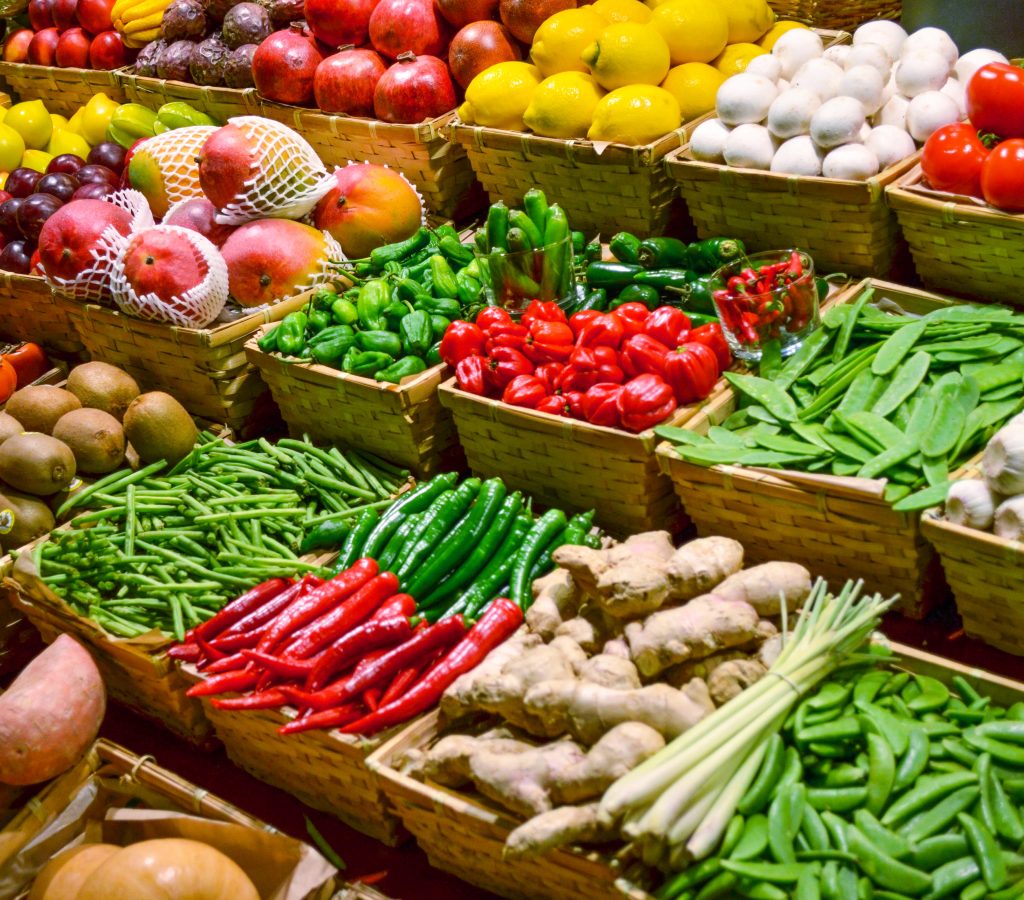
By Clint Thompson
Florida fruit and vegetable farmers are being devastated by the coronavirus pandemic, and one producer is pleading with the U.S. government to intercede.

Due to the virus’ spread over the last three weeks, restaurants everywhere have been forced to close their doors. This reduces the amount of produce that is sold throughout the country. For producers in Florida, some are having to leave their crops unharvested because of the inability to sell them. That includes Kim Jamerson, a farmer in Fort Myers, Florida.
“Our brokers have actually told us to stop picking certain quantities of crops, so it is affecting us,” Jamerson said. “The brokers are the ones that sell our produce, not us. We’ve had our broker call us up and say, ‘Don’t pick anymore squash, I can’t get rid of it. I can’t sell it. We’ve got enough in the coolers to last us forever.’ That’s what he told us last week.”
Jamerson farms approximately 1,280 acres of produce in south Florida, including eggplant, zucchini, yellow squash, cucumber and green pepper with 50% to 60% designated for food service. She predicts that her business will lose 100% of their production costs and much more in packing and shipping costs if things don’t improve.
But while circumstances are grim for Jamerson and other produce farmers, she believes she has a solution for her spring crops. She reached out to the office of U.S. Senator Marco Rubio (Fla.) and spoke to one of his aides about the government helping its farmers by purchasing their crops and distributing the food to its citizens since many are unemployed.
“My thing to him was, you have all these people out here that are hungry right now because they’re not working. Maybe they’re not starving right now but how are you going to live off less than $300 per week if that’s what unemployment is and especially if you’re a single mom with two or three kids or a husband that’s got a house full of kids and a wife? How can you do that?” Jamerson said. “Eventually, food could become scarce. I’m not saying it will but I’m saying it certainly could.”
Jamerson’s farming operation is already food safety certified and already have H-2A workers in place to harvest their crops over the next two months. Her point is that the National Guard could distribute the food to places where it’s desperately needed, like food banks and hospitals, while also keeping the American farmer in business.
“My thing is, if you’re going to help us because we’re going to lose out on our spring crops because the country’s shut down, why don’t you buy our crops from us at cost? It would be (maybe) 20 cents per pound. We’d be paying our labor, our boxes, our seed costs, that’s it. We’d break even and wouldn’t go out of business and people would have food.”
Jamerson said she hasn’t heard back from Rubio’s office but hopes the government will intercede. The livelihood of farmers everywhere could depend on it.
“Most of the time, the farmers up north already have their farm plan together, they already have their plants and their seeds reserved because they know what they’re going to do because they’ll start doing it soon,” Jamerson said. “Right now, they’re not doing that because they’re sitting and they’re watching and they’re waiting to see what’s going to happen with this virus. Why would you go spend millions of dollars and put it in the ground when you know you’re going to lose it?”









